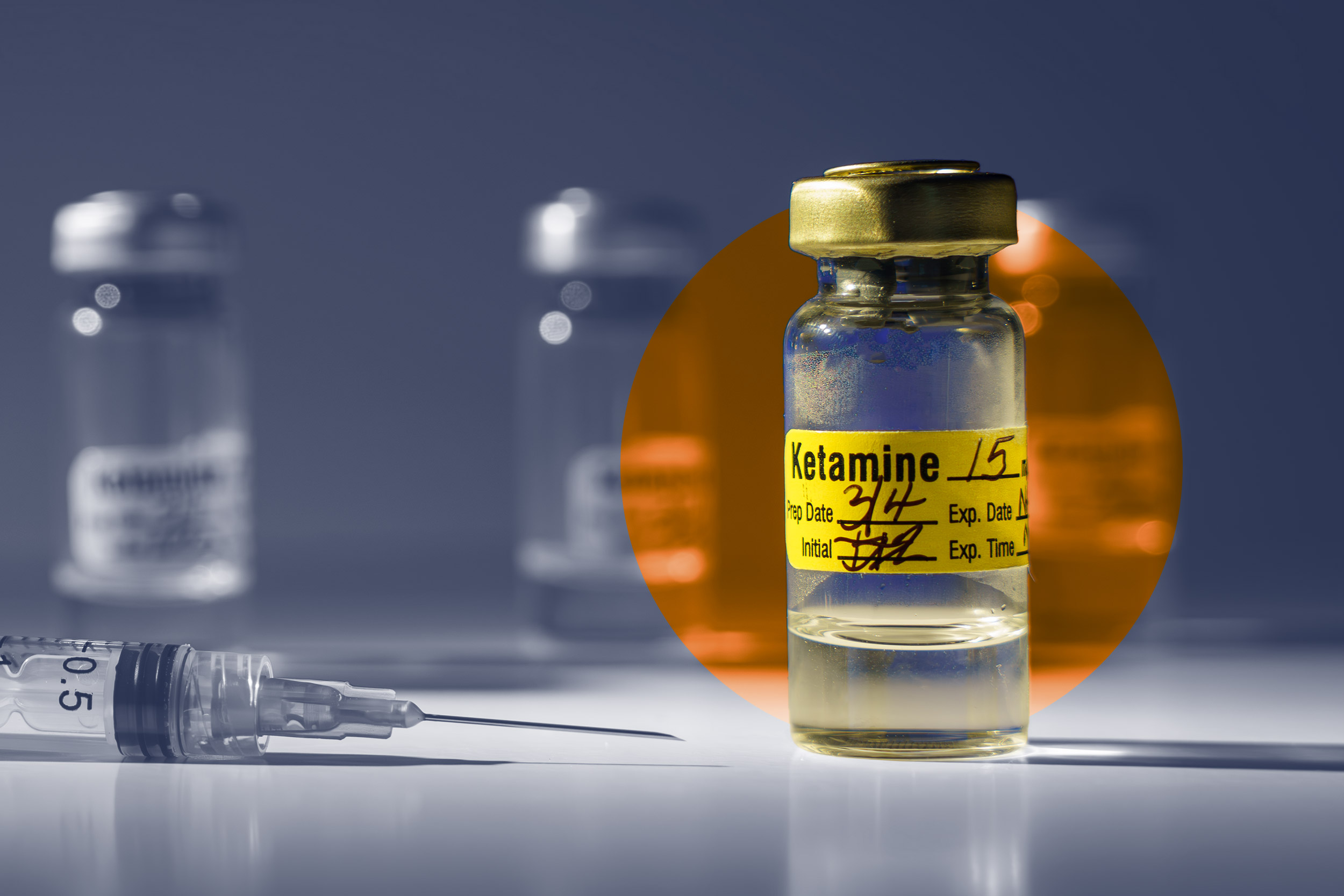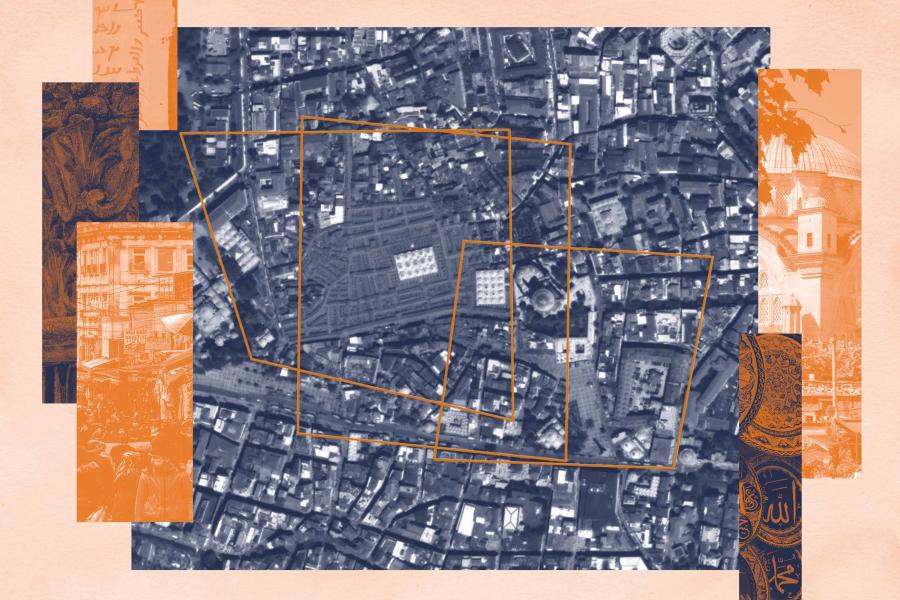University of Virginia Brain Institute and School of Medicine researchers have received an initial $9.3 million award from the National Institutes of Health to determine if the powerful anesthetic ketamine can save patients from prolonged, life-threatening grand mal seizures that resist other treatments.
“Status epilepticus” refers to seizures that last more than five minutes or occur repeatedly without the person regaining consciousness in between. These seizures are medical emergencies and can require intubation and lead to permanent brain damage or even death.
The seizures are typically treated with anticonvulsants called benzodiazepines, but many patients – both adults and children – fail to respond to those drugs.
This award is part of a $30 million clinical trial to test ketamine treatments for seizures.
UVA’s new trial is called the Ketamine Add-on Therapy for the Established Status Epilepticus Treatment Trial.
“We wish to determine whether adding ketamine to existing treatment would terminate status epilepticus in more patients than the current treatment,” said neurologist Dr. Jaideep Kapur, co-director of UVA’s Brain Institute and an epilepsy expert at UVA Health and the School of Medicine. “Our hope is that this trial can improve treatment guidelines for patients suffering from these dangerous seizures.”
Stopping Status Epilepticus
UVA’s new trial builds on its previous treatment trial, which provided the first definitive answers about how and when three drugs commonly used to treat seizures should be used. Before the trial, doctors had little understanding of the drugs’ effectiveness or when each should be deployed. In the end, the researchers determined the drugs – levetiracetam, fosphenytoin and valproate – were about equally effective, but that they stopped status epilepticus in only about 47% of adult trial participants and 52% of children.

Dr. Jaideep Kapur is co-director of UVA’s Brain Institute and an epilepsy expert at UVA Health and the School of Medicine. He says the trials may improve treatment guidelines for patients suffering from dangerous seizures. (University Communications photo)
The Brain Institute’s new trial seeks to improve those outcomes. The randomized, double-blinded trial will evaluate whether adding 1 milligram or 3 milligrams of ketamine can stop prolonged seizures in more patients than the existing treatments alone.
The trial will look at outcomes in children 1 year and older. The researchers expect children from 1 to 17 years old will make up approximately a third of the hundreds of participants they plan to enroll in the trial.
The Potential of Ketamine
The researchers believe ketamine could be beneficial based on recent human studies, extensive drug modeling and other factors, including safety data. Emergency physicians have used the anesthetic safely and effectively as a sedative for decades. It is also a known anticonvulsant.
The trial is expected to take place at approximately 60 sites over the next several years.










